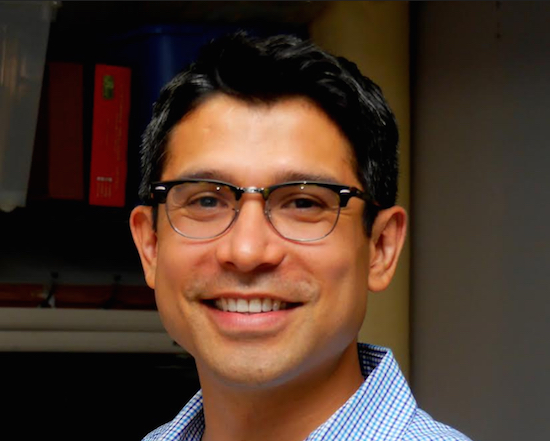Menchaca approval of Sunset Park plan praised by developer

Councilmember Carlos Menchaca (D-Red Hook-Sunset Park) on Tuesday announced his support for a rezoning proposal that would bring a 14-story mixed-use housing development with 33 permanently affordable units to 737 Fourth Ave. in Sunset Park.
Critics of Menchaca have called him an obstructionist to private sector
development, which they feel is necessary for job growth. But they note that his support of this particular project shows the political acumen of someone planning to run for higher office. Sunset Park observers of his anti-development stance were surprised that he supported the project after the anti-development group, Protect Sunset Park, held a rally at the site urging him to vote against the project.

Brooklyn Boro
View MoreNew York City’s most populous borough, Brooklyn, is home to nearly 2.6 million residents. If Brooklyn were an independent city it would be the fourth largest city in the United States. While Brooklyn has become the epitome of ‘cool and hip’ in recent years, for those that were born here, raised families here and improved communities over the years, Brooklyn has never been ‘uncool’.